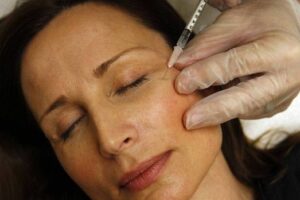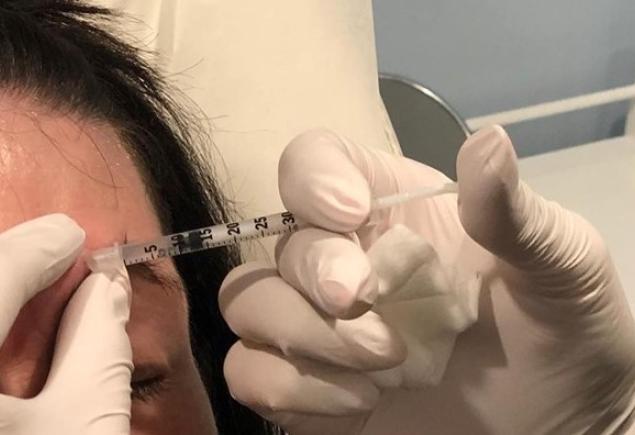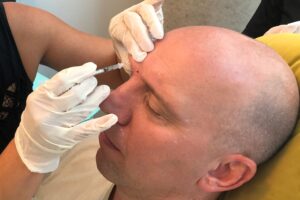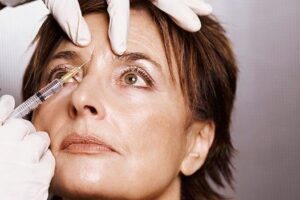Botox and Depression Relief: ‘This Finding is Exciting’
Medical aesthetics treatments make people feel good. Every professional practitioner can tell you that. But can Botox actually work as an antidepressant? Evidence-based science has taken a big and exciting step forward in answering that question.

Botox injections may do more than erase the signs of age, or prevent you from feeling painful migraines — they may also alleviate depression.
That’s what a new study confirms.
Researchers at the University of California San Diego discovered that “people who received Botox injections — at six different sites, not just in the forehead — reported depression significantly less often than patients undergoing different treatments for the same conditions,” according to the study published in the journal Scientific Reports.
UC San Diego Health Release: Botox Injections May Lessen Depression
Interesting, for sure. But not entirely new.
There have been several smaller studies done on this feel-good effect of Botox over the past 20 years. Our esteemed colleague Connie Brennan in Minnesota published an article for the American Society of Plastic Surgical Nurses in 2016 about the influence of treatments on the relationship between facial expressions and mood.
But there is a difference with this study. A big difference.
It began with an analysis of 45,000 reports of adverse events resulting from Botox treatments in the U.S. The report studied Botox treatment for eight different reasons and injection sites, including forehead, neck, limbs and bladder. Then the team applied a mathematical algorithm to look for statistically significant differences between Botox users and patients who received different treatments for the same conditions.
Here’s what they found:
Depression was reported 40 to 88 percent less often by Botox-treated patients for six of the eight conditions and injection sites.


